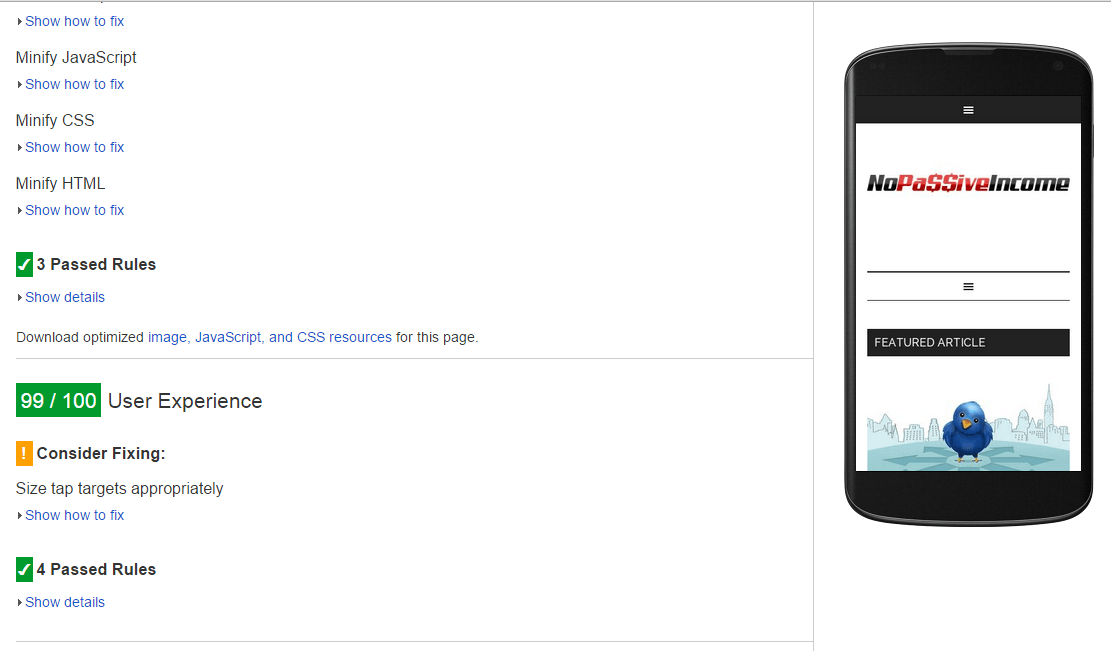In today’s digital age, Google has become synonymous with internet search. However, a growing interest in privacy, data ownership, and tailored search experiences has catalyzed the quest for alternatives.
Whether you’re a tech enthusiast, privacy advocate, or simply curious to explore beyond Google’s ecosystem, this comprehensive list of search engine alternatives aims to enrich your online exploration, each offering unique benefits and capabilities.
Table of Contents
1. Bing
Microsoft’s Bing presents itself as a robust contender, emphasizing a visually appealing interface with features such as rewards programs for users.
What I Like: Bing’s video search is remarkably superior, rendering a better user experience than Google by providing previews and facilitating an easy-to-navigate layout.

2. Yahoo!
Once a titan in the realm of search engines, Yahoo! still offers a comprehensive solution integrating news, email, and a search engine in one package.
What I Like: Yahoo! excels at compiling and displaying news stories relevant to your interests, alongside traditional search results.
3. DuckDuckGo
Championing online privacy, DuckDuckGo doesn’t track your searches or link them to your personal information, making it a favorite among privacy enthusiasts.
What I Like: Its commitment to not tracking users is a breath of fresh air, providing peace of mind while navigating the web.
4. Ecosia
Ecosia stands out by donating a significant part of its profits to tree planting efforts. Using this search engine, your queries contribute to environmental restoration.
What I Like: Beyond its eco-conscious mission, Ecosia offers a seamless search experience with results powered by Bing.
5. Qwant
Qwant is a privacy-focused search engine based in France, which structures its results across web, news, and social categories.
What I Like: The privacy aspect, coupled with a well-organized interface, allows for diverse content discovery without sacrificing personal data.
6. Baidu
Primarily serving the Chinese internet population, Baidu affords a window into a vast selection of Asian content that might be less visible on Western search engines.
What I Like: For those interested in Chinese culture, news, or language, Baidu offers unparalleled depth and specificity.
7. Yandex
Russia’s leading search engine, Yandex, provides a suite of tools including translations, maps, and cloud storage, targeting users in Eastern Europe and Russia.
What I Like: Its translation service is especially notable, handling a wide array of languages with remarkable accuracy.
8. StartPage
StartPage pays homage to Google’s search capabilities by delivering Google search results with an added layer of privacy, not tracking or storing user information.
What I Like: It combines the familiar effectiveness of Google’s search results with strict privacy controls.
9. Swisscows
Positioned as a family-friendly search engine, Swisscows utilizes artificial intelligence to determine contextually relevant results, banning adult content.
What I Like: Its commitment to privacy and safe content makes it ideal for users of all ages.
10. Search Encrypt
Using encryption to protect your search terms, Search Encrypt ensures that your search history cannot be tracked or decrypted after the fact.
What I Like: The automatic encryption provides an additional layer of security, especially on shared computers.
11. WolframAlpha
WolframAlpha excels in delivering expert answers to computational questions, making it a powerhouse for math, science, and data analysis queries.
What I Like: Its ability to compute answers and generate reports for data-based queries is unparalleled, offering a different dimension to search.
12. Gigablast
A veteran in the search engine space, Gigablast offers web, news, and images searches, indexing billions of pages with its own algorithm.
What I Like: Its open-source nature appeals to those interested in understanding and perhaps contributing to the mechanics of web search.
13. MetaGer
MetaGer combines results from over 50 search engines, prioritizing privacy and unfiltered information, hosted in Germany under strict privacy laws.
What I Like: The aggregation of diverse search engines ensures a broad spectrum of results, widened by its commitment to privacy.
14. Searx
A decentralized, open-source search engine, Searx prides itself on gathering results from multiple sources without tracking users.
What I Like: Its customizable features allow users to fine-tune their search experience according to personal preference and needs.
15. Dogpile
Dogpile retrieves results from Google, Yahoo!, Yandex, and more, positioning itself as a metasearch engine that compiles the ‘best of the web’.
What I Like: Its ability to fetch and filter aggregated results saves time and may uncover resources that single engines might miss.
16. Info.com
This meta-search engine pulls data from various search engines, offering comprehensive results across web, news, and images.
What I Like: The vast array of sourced engines includes niche options, broadening the scope of search results significantly.
17. Oscobo
UK-based Oscobo is dedicated to protecting users’ privacy, providing an anonymous way to search without the fear of being tracked or profiled.
What I Like: Oscobo’s commitment to user privacy is commendable, especially for users within the UK seeking localized content without compromise.
18. Mojeek
Unlike many other privacy-centric search engines that rely on existing search engine results, Mojeek uses its own crawler, forming an independent index.
What I Like: The independent indexing means results from Mojeek are unique, providing a fresh perspective untainted by larger search engine algorithms.
19. OneSearch
Verizon Media’s OneSearch promises no tracking or personal profiling, with search results enhanced by Bing, prioritizing privacy amidst its offering.
What I Like: OneSearch positions itself strongly in the privacy space with transparent privacy practices, aiming to win trust in an increasingly data-aware world.
20. You.com
You.com aims to reimagine search by providing users control over their results with customizable modules catering to different needs and interests.
What I Like: Its innovative approach gives users the power to shape their search ecosystem according to what matters most to them, from reliable news sources to direct answers.
In the rapidly evolving digital landscape, these 20 search engine alternatives to Google offer refreshing perspectives and utilities. From enhancing privacy to prioritizing user experience and contributing to social causes, there’s a search engine for every preference. Diving into the features and benefits of each, it’s evident there’s much to explore beyond the familiar. Whether for better privacy practices, specialized content, or simply curiosity, venturing into these alternatives can enrich your internet usage, ensuring the web remains a diverse and vibrant ecosystem.
























